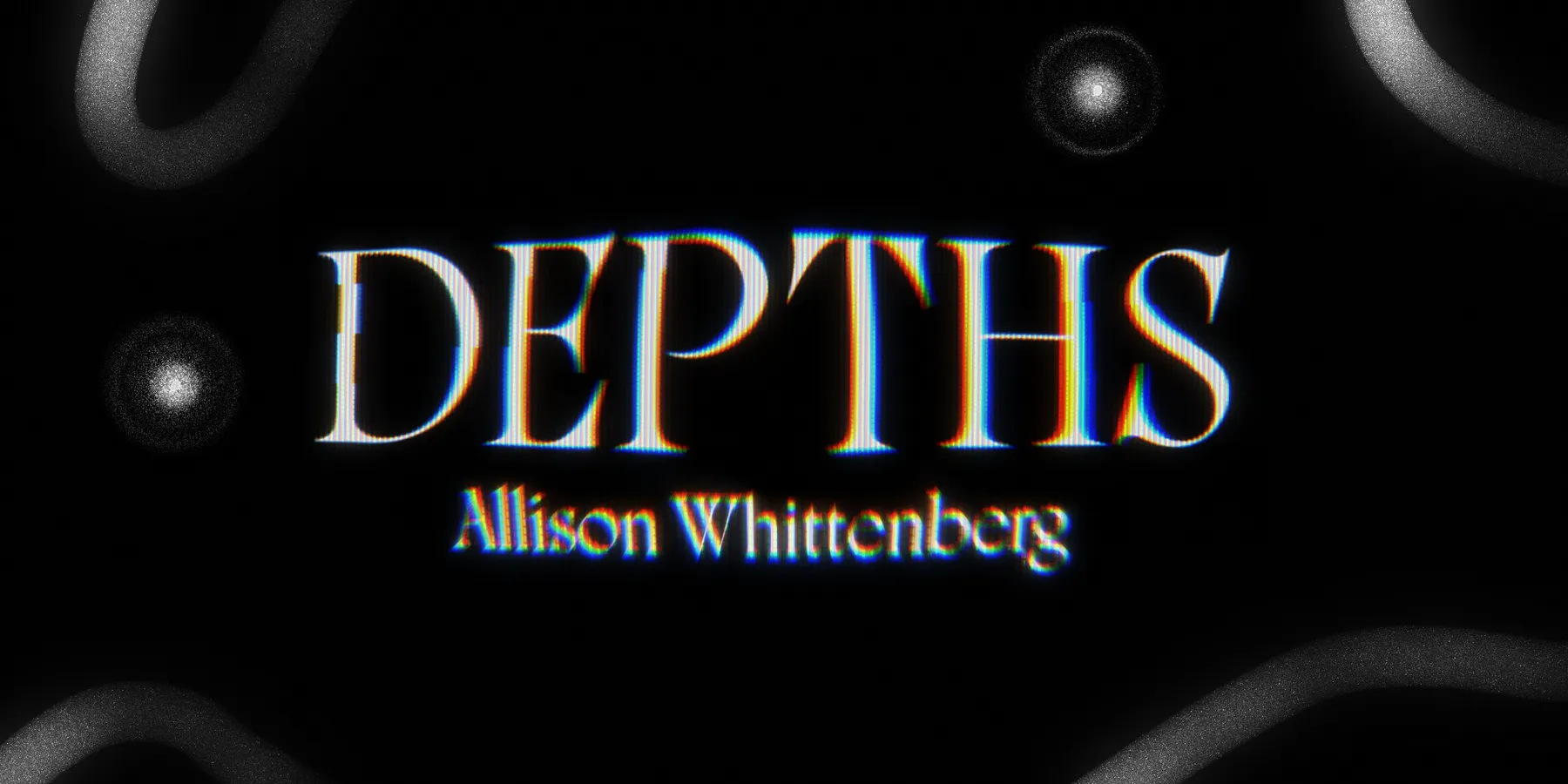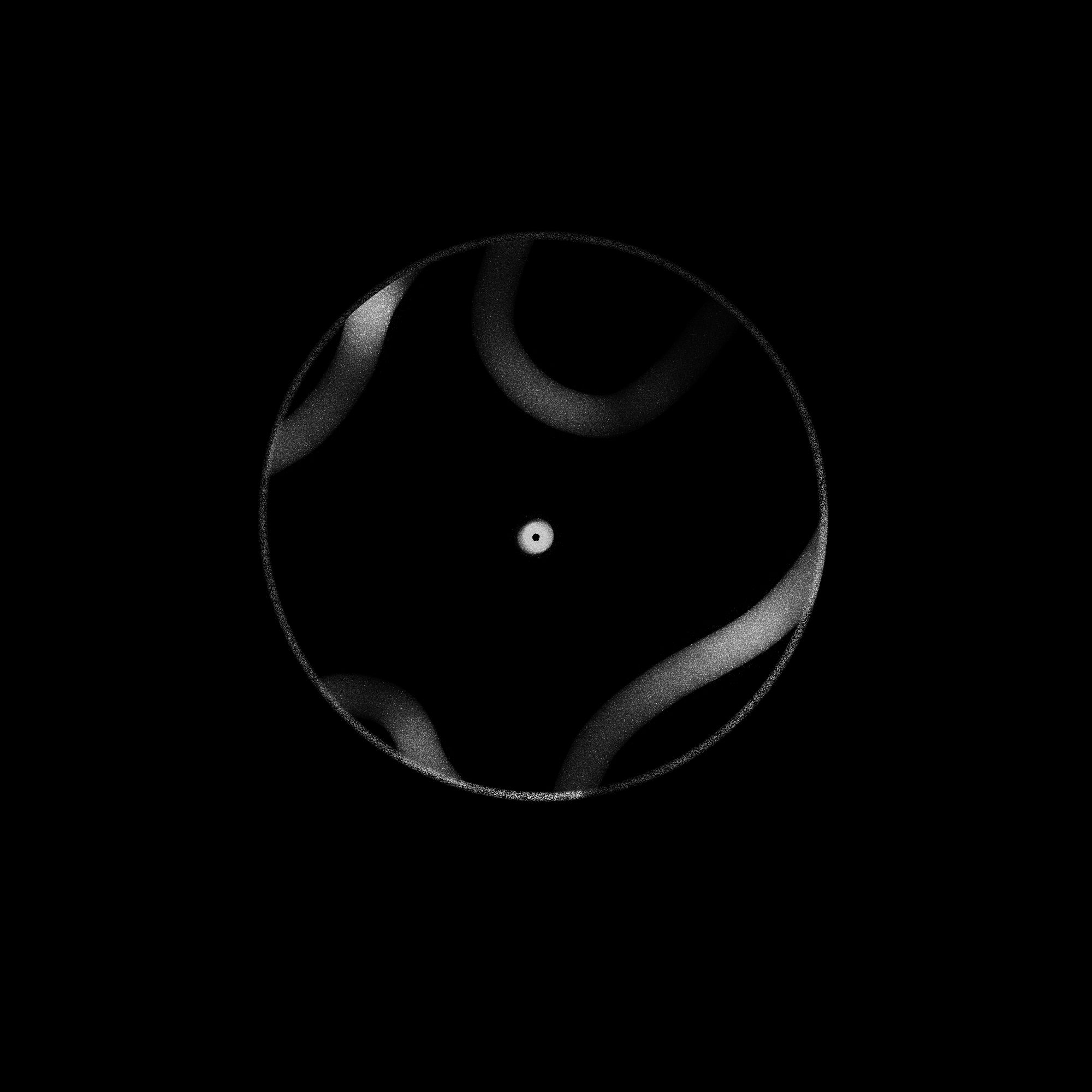
🪱 On the way to forever
by Ramona Gore
by Allison Whittenberg

Yves Osiris stood alone on his balcony in the penthouse high above the city, surrounded by quiet luxury and sharp edges. Beyond the glass, the ocean sprawled, a dark, endless surface that shimmered like obsidian. To most, the sea was just water. But to the select few who craved more than wealth, it was the last untouched frontier. Not a place to visit, but something to conquer. And in conquering it, they believed they might rewrite the very laws of nature.
As a tech magnate who built his empire on artificial intelligence, Yves was no stranger to ambition. However, he tittered when the invitation arrived. It came in a dense envelope, sealed with wax and edged in gold. Inside was a letter. It was handwritten and elegant, but above all, brief. The sender: Ewan Nyx, a billionaire adventurer with a taste for danger and a reputation for chasing the impossible.
The invitation was clear: a 13,000-league dive to the ocean’s deepest trench aboard the world’s most advanced submersible. Only five seats. The dive had been made a dozen times before. Each time, the passengers returned—alive, unharmed, but changed. They spoke of wonders, vague impressions, and odd sensations. But never details. Never the truth.
Yves had heard the rumors. That no one ever spoke of what they’d seen, not because they couldn’t—but because they wouldn’t. As if something waited in the deep, something that demanded silence.
But Yves was different. He didn’t seek glory. He didn’t want headlines. What he wanted—what he needed—was to understand. To glimpse the unknown. And when he learned five new seats were available, he said yes.
The crew was carefully chosen: a seasoned captain, a world-renowned marine biologist known for groundbreaking work on deep-sea ecosystems, an engineer who helped design the sub itself, and one other billionaire—a man Yves had known in passing, equally curious, equally reckless.
On the day of departure, apprehension clung to the air despite the glossy sheen of confidence. The vessel was a marvel of modern engineering—titanium hull, redundant systems, and cutting-edge power reserves. On paper, it was unsinkable. Untouchable.
And yet, as they descended into the abyss, the ocean felt like a living thing. Heavy. Watching.
At 10,000 leagues, the light vanished. Outside the portholes, there was nothing but black. The temperature plummeted and the hull groaned, echoing through the narrow chamber like a distant whale’s cry. Still, the sub held strong.
At 11,000 leagues, silence settled in. Dense. Total. Not the absence of sound, but something deeper—like the world stopped existing outside the walls of their capsule.
Then came 12,000.
That was when something changed.
It was a timid vibration, at first. Subtle—so subtle that it might have been dismissed as imagination. But it grew. The craft began to shudder. The lights flickered, and a disquieted hush enveloped the crew. The marine biologist leaned over the console and whispered.
“What’s going on?”
Yves stared out the viewport. Darkness. Stillness. And yet… something else. Something just beyond the edge of perception. A presence.
“Abort. Let’s abort,” the engineer muttered, pale-faced. “We need to go back. Now.”
The captain turned to respond, but the sub lurched violently before she could speak. One alarm sounded. Then another. And another.
“We’ve lost power,” the engineer said, almost too quietly to hear.
Panic began to seep in. Yves tried to stay calm, but his companions were unraveling. The vessel pitched slightly, groaning under pressure. The lights dimmed, then flickered back. And through it all, the abyss pressed in. No longer silent. No longer empty.

Hours passed. Or maybe minutes. Time lost meaning.
Yves sat still, paralyzed by what he couldn’t name. He began to wonder what had truly driven him here. What had possessed him to descend so far below what was human. Was it discovery? Pride? The same hunger that made Icarus fly too close to the sun?
He looked at the others—pale, hollow-eyed. They had seen something. They all had.
And then the cameras—those mounted on the sub’s exterior—flickered back to life.
On the screen was… a shape.
Massive. Impossible. Not a creature. Not a machine. Not something meant to exist in this world. It hovered beneath them, shifting, watching. It did not move. It was movement. A thing too dark to define, too fast to comprehend.
Then nothing.
The alarms ceased. The vessel stopped shaking. For a moment, everything was still.
And then, without explanation, they rose.
The submersible resurfaced just after dawn. When the hatch opened, only four emerged. One had been lost—how, none of them could say. The media descended like vultures, desperate for answers. But the survivors said little. Vague remarks. Tired smiles. Empty eyes.
Yves said nothing at all.
The world hailed them as pioneers. Brave explorers of the deep. But Yves knew the truth. He had seen it. Felt it. And whatever it was—whatever waited in the trench—it hadn’t let them leave.
It had sent them back.
Not as witnesses.
But as warnings.
Some doors, once opened, cannot be closed. And some secrets are buried for a reason.
A fun place for people who love the web.


